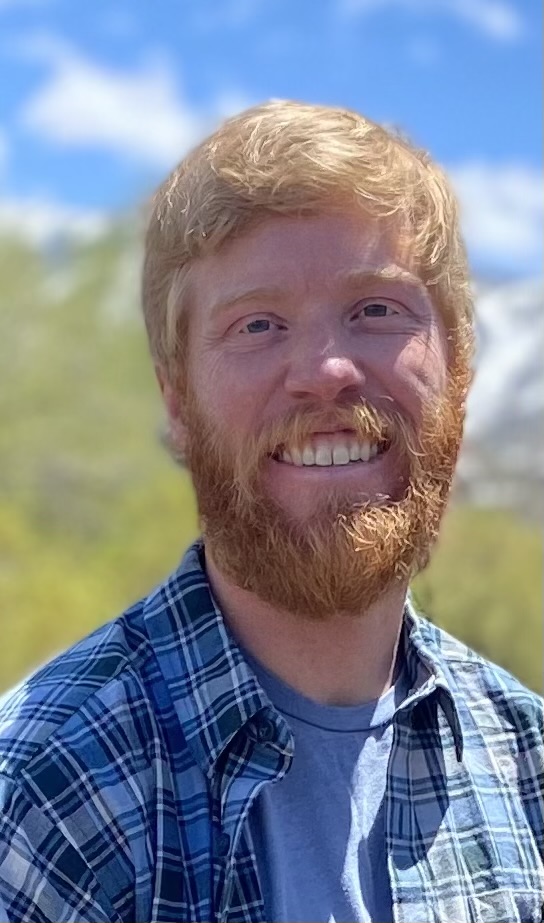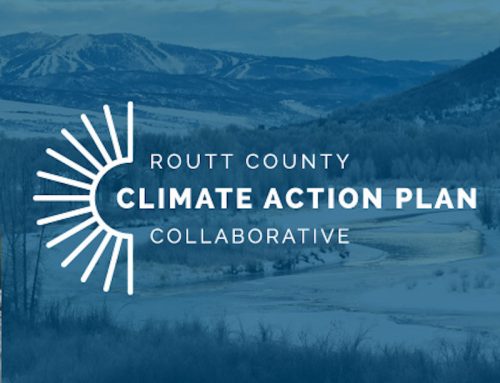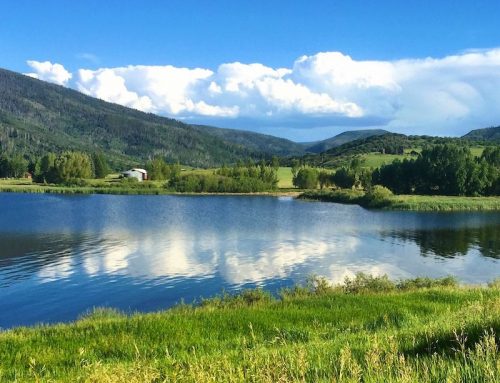The CAP Collaborative Board is pleased to announce the appointment of Jeff Milius as the newest Community Member of the CAP Collaborative Board. Jeff comes to the CAP Board with over 12 years of experience in the utility industry, and is currently YVEA’s Energy Resources Supervisor. He is filling Steve Johnson’s remaining term. We asked Jeff a few questions below as part of our ‘Getting to know the Collaborative’ series.
1) Why did you decide to apply to be on the CAP Board?
As a member of the CAP Energy working group, I saw an opening to continue the discussion of Beneficial Electrification (“BE”) and ensure that the CAP goals align with BE principles. The qualifiers for BE when reviewing a project are:
- Will this save money over the project’s life for the owner?
- Will this help the grid to operate more efficiently or reliably while not increasing cost for YVEA members?
- Will this reduce greenhouse gas emissions?
- Will this increase the project owner’s quality of life?
2) Why does the CAP matter to you and why should Routt County residents care?
As a Colorado native, I love the outdoors, and I’d like my son to have the same experiences that I’ve had. Routt County residents should care because no matter your opinion of climate change, you can’t deny that cleaner water and air would be a benefit to your life and family. Furthermore, if the Board uses the BE principles when making decisions, every county resident should see a change for the better.
3) While implementation of all the CAP recommendations will be necessary to meet our CAP carbon emission reduction goals, are there any recommendations in particular you feel are most urgent and impactful?
I feel that the education of how the grid operates needs to be at the top of the list. Having this baseline understanding will help guide decisions that the CAP Board makes. The Board needs to be making decisions based on the Grid of the future.
4) Climate change is a complex and oftentimes overwhelming problem. What keeps you hopeful that we as individuals and a community can take meaningful action to limit the impacts of regional climate change?
The grid has been static for the last 50 plus years, over the last 5-years, the industry is quickly evolving to be in compliance with these new mandates. Right now YVEA is 45% renewable and that number will continue to increase as we get closer to 2030. With the greening of the grid and the community electrifying and weatherizing their homes, the community will naturally reduce their carbon footprint.





